First cycle academic study programme in Sports Training
DURATION AND SCOPE: 3 years and 180 ECTS credits
PROFESSIONAL TITLE: DIPLOMANT ŠPORTNEGA TRENIRANJA (UN) or DIPLOMANTKA ŠPORTNEGA TRENIRANJA (UN)
OBJECTIVES:
Educating experts in implementing exercise for children, adolescents and adults, focused on quality and top sports, gaining competences for work in various forms of sports for children, adolescents, and adults, and acquiring the knowledge needed to pursue second-cycle studies.
COMPETENCES:
- understanding biopsychosocial characteristics of individual age groups and genders;
- knowledge and understanding of the organisation of quality and top sports;
- understanding the techniques and methodologies of developing sports knowledge and skills;
- understanding exercise methods and means of developing motor abilities that enable the achievement of top sports results;
- mastering appropriate diagnostic procedures in the chosen professional field.
Course-specific competences gained in the course of the programme:
- understanding of anthropological and kinesiological bases of sport;
- knowledge of health aspects of sport;
- knowledge of physiological aspects of sport;
- knowledge of basic biomechanical aspects of sport;
- use of theoretical concepts of sports practice;
- use and understanding of the organization of sport;
- sensitivity to and openness towards people, taking account of social circumstances of sport;
- mastering sports knowledge, skills and competitive experiences of the chosen sports discipline;
- ability to plan, organize, carry out and control sports training;
- knowledge about athletes and their developmental characteristics;
- knowledge of pedagogic and didactic aspects of the process of sports practice;
- mastering suitable diagnostic procedures in the professional area;
- understanding and use of the rules of judging in the chosen sports discipline;
- understanding and mastering the development of sport;
- knowledge of water rescue;
- understanding of competitive systems and ability to organize competitions;
- ability to communicate and lead athletes and teams;
- cooperation and communication with athletes’ parents, officials, referees, agents, media.
EMPLOYMENT OPPORTUNITIES AND OPTIONS FOR FURTHER STUDIES: Graduates can find employment in sports clubs, associations and national sports federations (e.g., national sports schools), as well as in private organisations and businesses in compliance with the applicable Sports Act. After completing the bridging module, graduates can continue their studies through the master’s study programmes in Physical Education or Kinesiology.
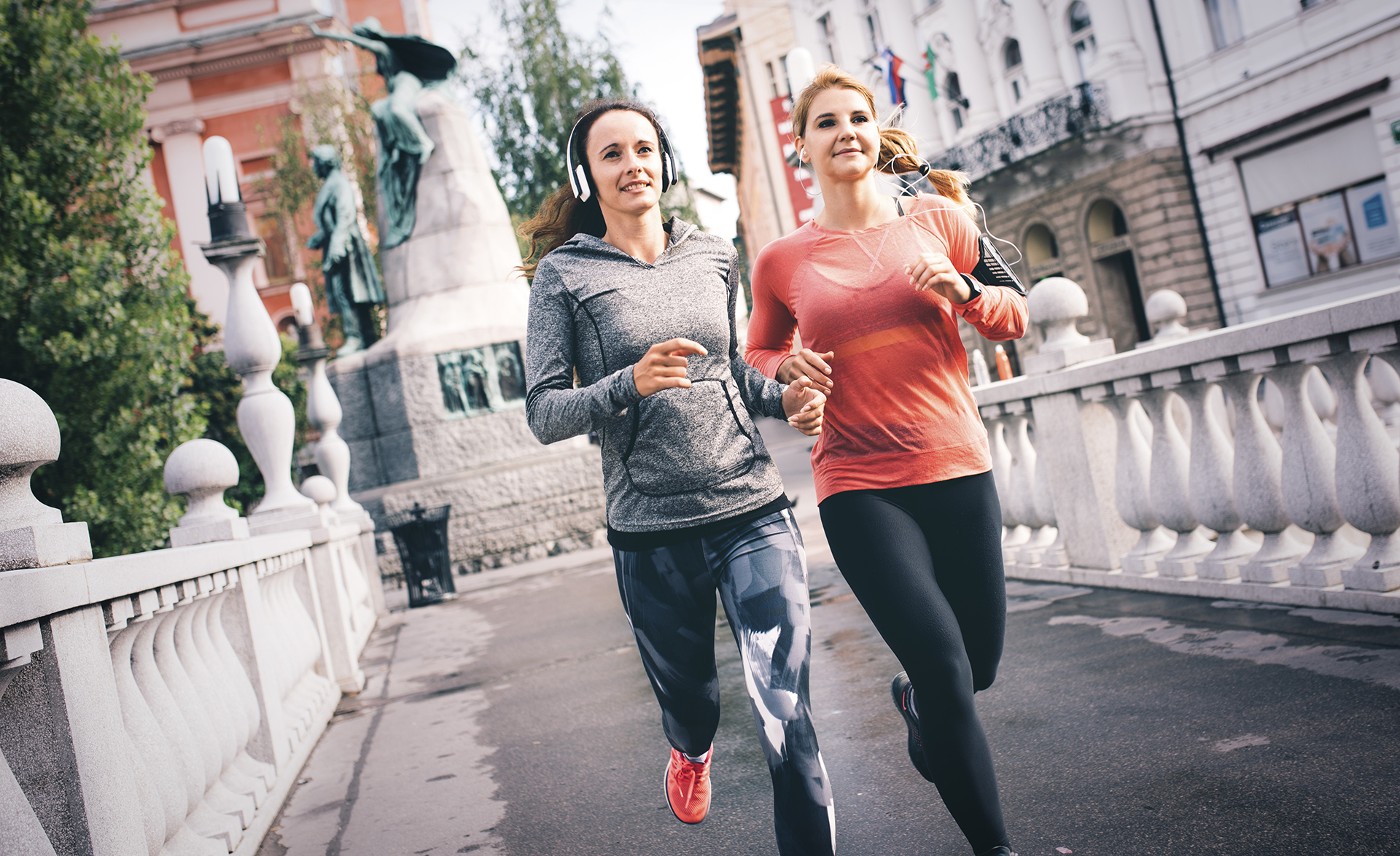

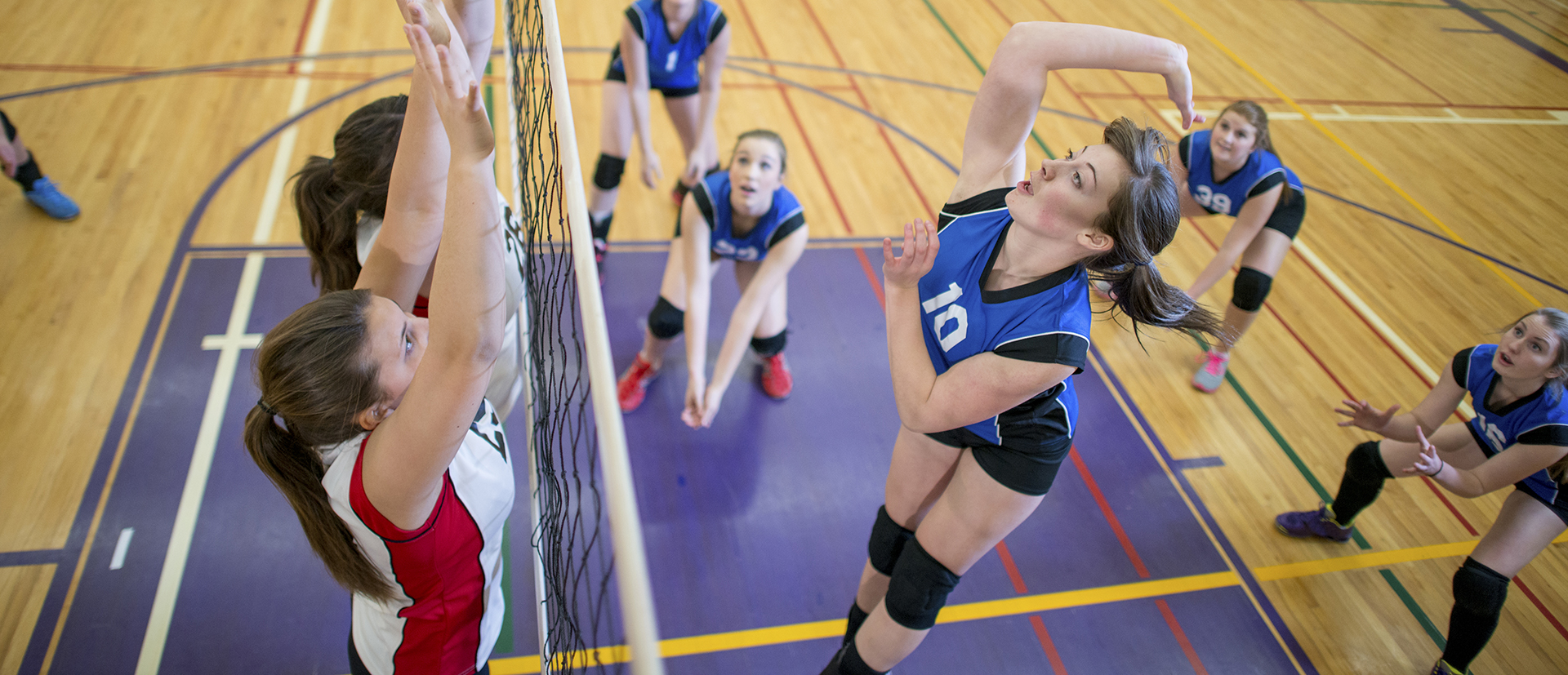




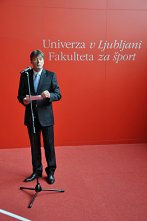






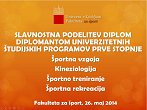


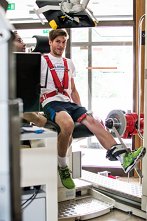

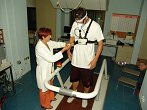

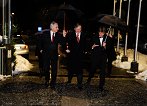


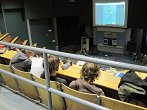

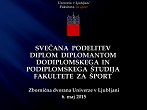





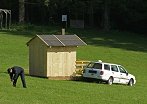


.png)